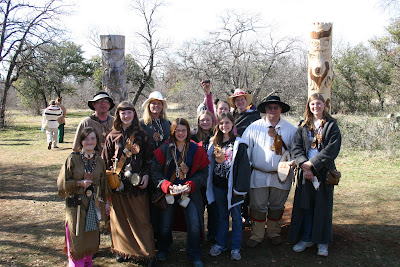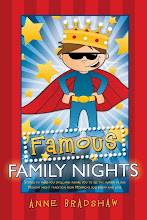I can’t count the number of times I’ve been watching a movie with my wife when a character does something that doesn’t make sense and she’ll say, “Why did he do that?”
Since I’m a wise guy, I’ll usually respond with something like, “Because it's in the script.” But what I’m really saying is, “I agree—the writer really didn’t set up that character’s motivation very well.”
 But what exactly is motivation, and how do you use it as a writer?
But what exactly is motivation, and how do you use it as a writer?
Motivation is the internal force that drives a character to action. Steven Levitt, economist and co-author of the book Freakonomics, said, “If you can figure out what people’s incentives are, there’s a good chance you can figure out how they’re going to behave.”
Sometimes, though, it takes effort to understand what’s motivating someone else. How often do we say or think the words, “I just don’t understand how anyone could possibly…” and then fill in the blank?
It's not always easy putting yourself in the mind of someone who is very different from yourself. But if you can do it, the rewards are tremendous.
There is a technique used by actors called Method Acting that can provide some help in this area. From Wikipedia:
“In [Method Acting] the actor analyzes deeply the motivations and emotions of the character in order to personify him or her with psychological realism and emotional authenticity.” Here are those words again—realism and authenticity. You’ve got to understand your character; in a way, let a small part of yourself become that character, so that their motivations and emotions ring true as you write them.
“Using the Method, the actor also recalls emotions or reactions from his or her own life and uses them to identify with the character being portrayed.”
This is easy to do when our characters are like us. In Bumpy Landings, Jordan MacDonald needs to confront his insecurities and stand up for himself, an experience that I shared and understand very well.
But what about characters who do things we haven’t—who do things we don’t believe we could ever do? The man who robs a liquor store; the woman who fakes a terminal illness; the teen who murders his parents—how do we begin to understand their motivation?
Let’s take the first one. Have you ever been so worried about finances that you did something you later regretted? Maybe nothing as big as robbing a store; maybe it was simply taking out a payday loan or selling a treasured family heirloom. But something that at the time seemed like a good idea, and in hindsight turned out to be a mistake.
That’s the kind of experience you can draw on. Plant it in your mind, nourish it with your imagination, and let it grow into an understanding of how someone might make a bigger mistake; an understanding of what it would take for a person to reach that life-altering decision.
In a recent interview, actress Thandie Newton said, “One of the special things about the creative world is that you can turn your discomfort into empathy. You explore the lives of other people and different modes of thinking, and that opens you up.”For me, this open-minded empathy is one of the greatest joys brought about by writing.









































